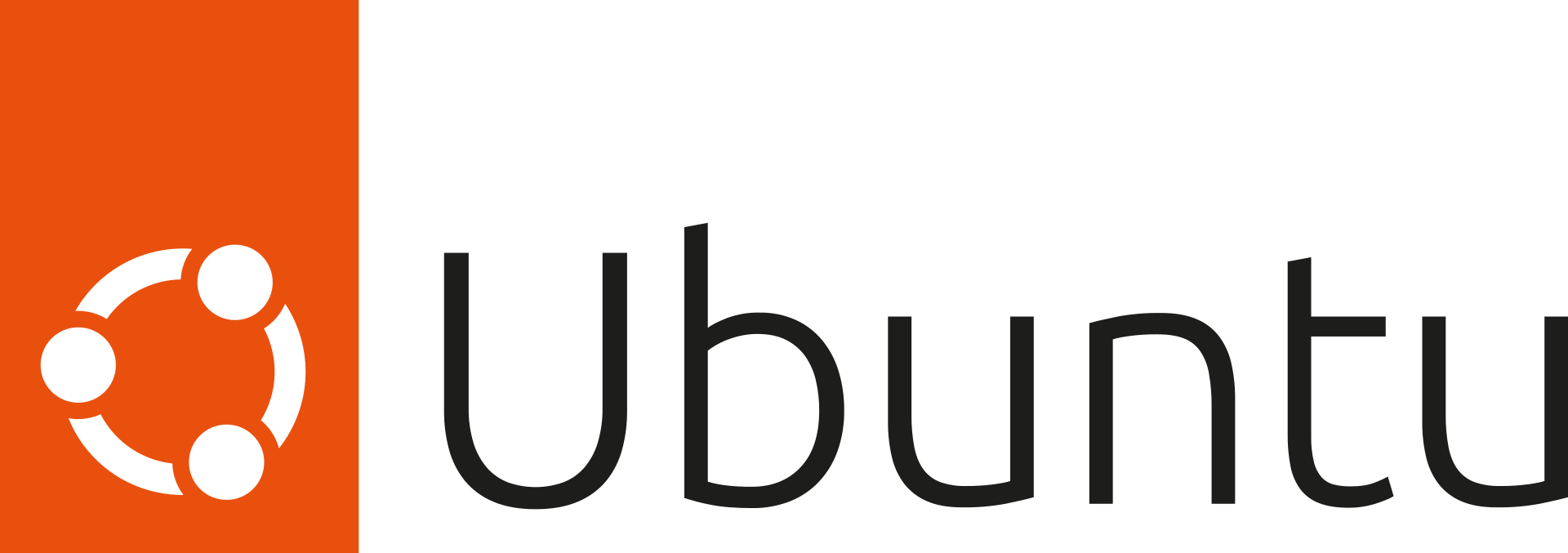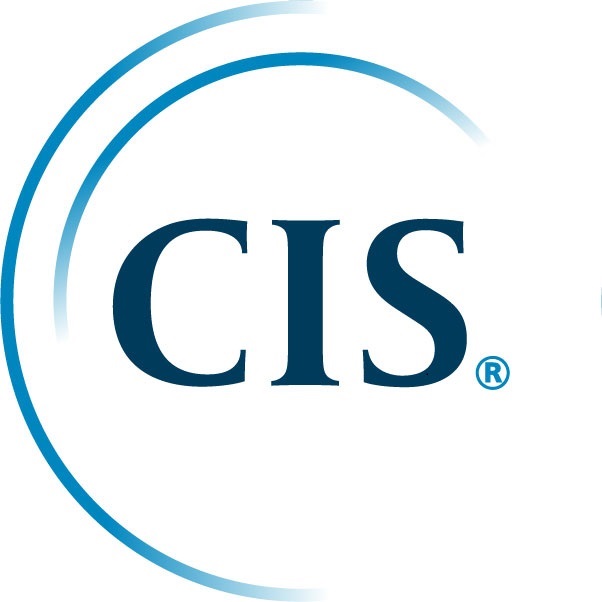
Overview
Ubuntu Pro FIPS is the first and only FIPS certified image for the public cloud. Ubuntu Pro FIPS is the critical foundation for state agencies administering federal programs and private sector companies with government contracts. Ubuntu Pro FIPS is built upon the power of Ubuntu Pro's enhanced stability, compliance and security features and is maintained to provide your organization with the strongest FIPS foundation now and in the future.
Additional security patches beyond the basic maintenance that comes with Ubuntu ensure all Critical and High CVEs for 28,000 packages are addressed. Kernel livepatch applies security fixes to the live running kernel, ensuring maximum uptime and minimizing operational overhead. Ubuntu Pro FIPS rolls up all the security features Canonical customers enjoy, and enables them automatically with no up front contract required.
Ubuntu Pro FIPS includes Canonical's Ubuntu Advantage Essential offerings for both Infrastructure and Applications such as certification, compliance and hardening profiles including FIPS 140-2, Common Criteria EAL2, CIS and DISA STIG. Security patch coverage expands constantly based on customer priorities and usage patterns.
Ubuntu Pro FIPS is a separate build of Ubuntu certified by the National Institute of Standards and Technology (NIST) with all the additional security capabilities that Canonical provides to enterprise customers including those who operate in regulated environments such as FedRAMP, HIPAA, PCI.
Highlights
- National Institute of Standards and Technology (NIST) certification for the Ubuntu kernel and several security components.
- Canonical's Extended Security Maintenance covers thousands of the most widely deployed packages on Ubuntu. Additionally, kernel livepatch maximizes uptime while providing real-time defense against critical kernel exploits.
- Ubuntu Pro FIPS is backed by a 10-year maintenance commitment from Canonical, including patches for high and critical CVEs for all supported components.
Details
Introducing multi-product solutions
You can now purchase comprehensive solutions tailored to use cases and industries.

Features and programs
Buyer guide

Financing for AWS Marketplace purchases

Pricing
- ...
Dimension | Cost/hour |
|---|---|
m5.large Recommended | $0.004 |
t3.micro | $0.004 |
t2.micro | $0.002 |
r5a.4xlarge | $0.028 |
c6a.metal | $0.336 |
m6idn.xlarge | $0.007 |
i3.xlarge | $0.007 |
r6in.32xlarge | $0.224 |
r5n.12xlarge | $0.084 |
r7a.medium | $0.002 |
Vendor refund policy
We do not currently support refunds, but you can cancel at any time.
How can we make this page better?

Legal
Vendor terms and conditions
Content disclaimer
Delivery details
64-bit (x86) Amazon Machine Image (AMI)
Amazon Machine Image (AMI)
An AMI is a virtual image that provides the information required to launch an instance. Amazon EC2 (Elastic Compute Cloud) instances are virtual servers on which you can run your applications and workloads, offering varying combinations of CPU, memory, storage, and networking resources. You can launch as many instances from as many different AMIs as you need.
Version release notes
Automated version update for new release
Additional details
Usage instructions
For Ubuntu Cloud Guest it is suggested to manually configure your Security Group/Firewall settings. The 1-Click Security Group opens only port 22 so that you can access your instance via ssh using login 'ubuntu'. If you chose the 1-Click Security Group, you may change it later to enable applications using the AWS Console or API.
Resources
Vendor resources
Support
Vendor support
Please allow 24 hours
AWS infrastructure support
AWS Support is a one-on-one, fast-response support channel that is staffed 24x7x365 with experienced and technical support engineers. The service helps customers of all sizes and technical abilities to successfully utilize the products and features provided by Amazon Web Services.


